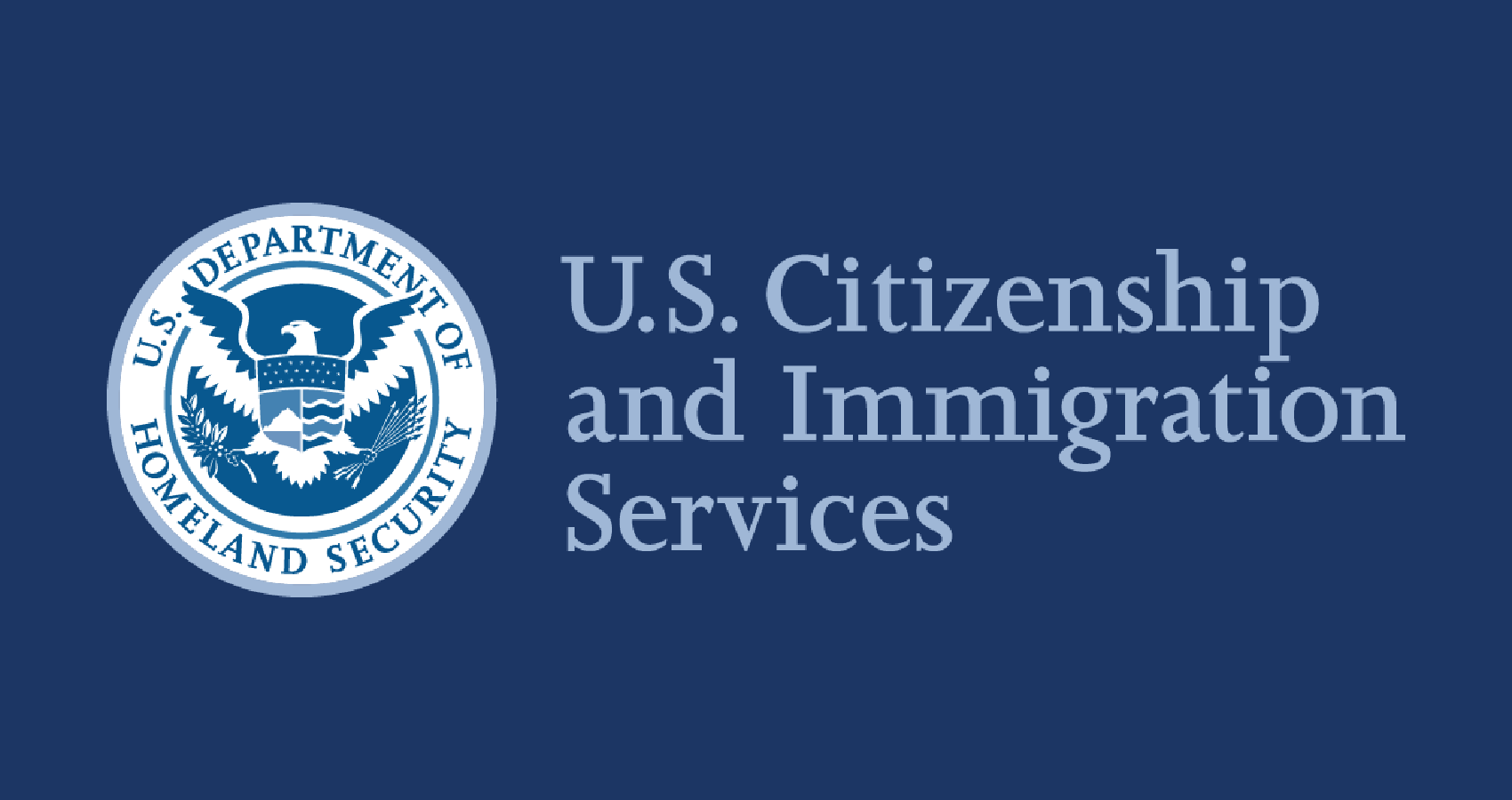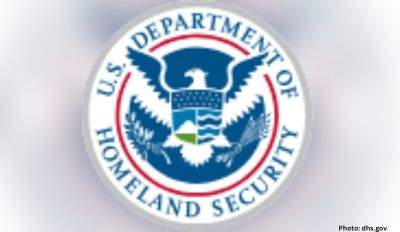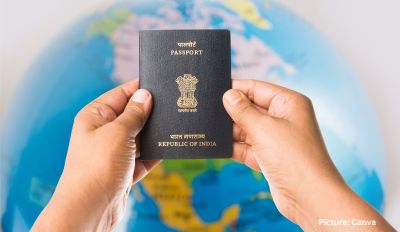Effective May 17, 2021, U.S. Citizenship and Immigration Services will temporarily suspend the biometrics submission requirement for certain applicants filing Form I-539, Application To Extend/Change Nonimmigrant Status, requesting an extension of stay in or change of status to H-4, L-2, and E nonimmigrant status.
In a May 13, 2021, notification (uscis.gov), the agency said it will allow adjudications for those specific categories to proceed based on biographic information and related background checks, without capturing fingerprints and a photograph.This suspension will apply through May 17, 2023, subject to affirmative extension or revocation of the suspension period by the USCIS director.
This temporary suspension will apply to applicants filing Form I-539 requesting the following:
- Extension of stay in or change of status to H-4 nonimmigrant status;
- Extension of stay in or change of status to L-2 nonimmigrant status;
- Extension of stay in or change of status to E-1 nonimmigrant status;
- Extension of stay in or change of status to E-2 nonimmigrant status (including E-2C (E-2 CNMI Investor)); or
- Extension of stay in or change of status to E-3 nonimmigrant status (including those selecting E-3D).
- This suspension will apply only to the above categories of Form I-539 applications that are either:
- Pending as of May 17, 2021, and have not yet received a biometric services appointment notice; or
- New applications postmarked or submitted electronically on or after May 17, 2021.
However, the agency clarified that it retains discretion on a case-by-case basis to require biometrics for applicants who meet the criteria above, and any applicant may be scheduled for an application support center (ASC) appointment to submit biometrics.Nevertheless, it said that Form I-539 applicants who have already received a biometric services appointment notice should still attend their scheduled appointment.
Effective May 17, 2021, Form I-539 applicants meeting the criteria above are not required to submit the $85 biometric services fee for Form I-539 during the suspension period. USCIS will return a biometric services fee if submitted separately from the base fee. For more details visit uscis.gov/news/In another notification, U.S. Citizenship and Immigration Services announced that the Department of Homeland Security is withdrawing a 2018 notice of proposed rulemaking that proposed to remove the International Entrepreneur program from DHS regulations.
The International Entrepreneur (IE) parole program, first introduced in 2017, will remain a viable program for foreign entrepreneurs to create and develop start-up entities with high growth potential in the United States. The program will help to strengthen and grow our nation’s economy through increased capital spending, innovation, and job creation.
Today’s announcement is consistent with President Biden’s Executive Order 14012: “Restoring Faith in Our Legal Immigration Systems and Strengthening Integration and Inclusion Efforts for New Americans.” The executive order requires the secretary of homeland security to “identify any agency actions that fail to promote access to the legal immigration system.”
“Immigrants in the United States have a long history of entrepreneurship, hard work, and creativity, and their contributions to this nation are incredibly valuable,” said Acting USCIS Director Tracy Renaud. “The International Entrepreneur parole program goes hand-in-hand with our nation’s spirit of welcoming entrepreneurship and USCIS encourages those who are eligible to take advantage of the program.”
The initial IE final rule was published on Jan. 17, 2017, and was scheduled to take effect on July 17, 2017. This final rule guided DHS in the use of its parole authority to grant a period of authorized stay, on a case-by-case basis, to foreign entrepreneurs who demonstrate that their stay in the United States would provide a significant public benefit through the potential for rapid business growth and job creation.
Prior to the effective date, DHS published a final rule to delay the implementation date of the IE final rule to March 14, 2018. This allowed DHS additional time to draft and seek public comments on a proposal to rescind the IE final rule. However, in December 2017, a federal court vacated the delay, requiring USCIS to begin accepting international entrepreneur parole applications consistent with the IE final rule. Since then, the program has been up and running, and USCIS continues to accept and adjudicate applications consistent with existing DHS regulations.
Under the IE program, parole may be granted to up to three entrepreneurs per start-up entity, as well as their spouses and children. Entrepreneurs granted parole are eligible to work only for their start-up business. Their spouses may apply for employment authorization in the United States, but their children are not eligible for such authorization based on this parole. Additional information on eligibility and how to apply is available on the International Entrepreneur Parole page. USCIS will plan information sessions and other outreach activities to ensure foreign entrepreneurs are aware of this opportunity and how to pursue it.











